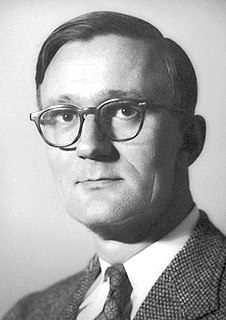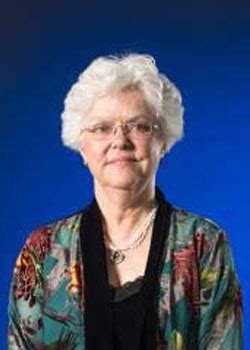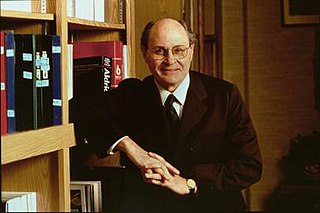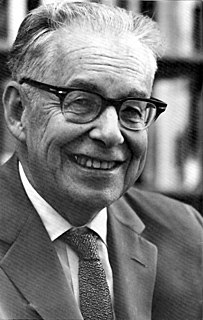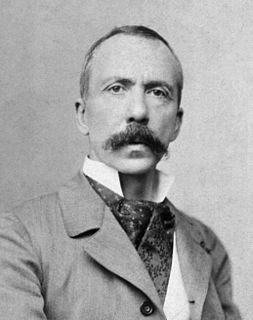A Quote by Georg C. Lichtenberg
Astronomy is perhaps the science whose discoveries owe least to chance, in which human understanding appears in its whole magnitude, and through which man can best learn how small he is.
Related Quotes
The man whose whole life is spent in performing a few simple operations, of which the effects are perhaps always the same, or very nearly the same, has no occasion to exert his understanding or to exercise his invention in finding out expedients for removing difficulties which never occur. He naturally loses, therefore, the habit of such exertion, and generally becomes as stupid and ignorant as it is possible for a human creature to become.
Existential psychotherapy is the movement which, although standing on one side on the scientific analysis owed chiefly to the genius of Freud , also brings back into the picture the understanding of man on the deeper and broader level man as the being who is human. It is based on the assumption that it is possible to have a science of man which does not fragmentize man and destroy his humanity at the same moment as it studies him. It unites science and ontology .
Nor has science sufficient humanity, so long as the naturalist overlooks the wonderful congruity which subsists between man and the world; of which he is lord, not because he is the most subtile inhabitant, but because he is its head and heart, and finds something of himself in every great and small thing, in every mountain stratum, in every new law of color, fact of astronomy, or atmospheric influence which observation or analysis lay open.
We don't know how large a proportion of the significant evidence about the universe is excluded by science. Perhaps hardly any. Perhaps so great a proportion that any body of knowledge which excludes it is hardly more than a caricature. Perhaps something in between - so that science finds truth but not the whole truth.
The history of science, like the history of all human ideas, is a history of irresponsible dreams, of obstinacy, and of error. But science is one of the very few human activities-perhaps the only one-in which errors are systematically criticized and fairly often, in time, corrected. This is why we can say that, in science, we often learn from our mistakes, and why we can speak clearly and sensibly about making progress there. In most other fields of human endeavour there is change, but rarely progress ... And in most fields we do not even know how to evaluate change.
I want to remind priests that the confessional must not be a torture chamber but rather an encounter with the Lord’s mercy which spurs us on to do our best. A small step, in the midst of great human limitations, can be more pleasing to God than a life which appears outwardly in order but moves through the day without confronting great difficulties. Everyone needs to be touched by the comfort and attraction of God’s saving love, which is mysteriously at work in each person, above and beyond their faults and failings.
Even mistaken hypotheses and theories are of use in leading to discoveries. This remark is true in all the sciences. The alchemists founded chemistry by pursuing chimerical problems and theories which are false. In physical science, which is more advanced than biology, we might still cite men of science who make great discoveries by relying on false theories.
Armed with all the powers, enjoying all the wealth they owe to science, our societies are still trying to practice and to teach systems of values already destroyed at the roots by that very science. Man knows at last that he is alone in the indifferent immensity of the universe, whence which he has emerged by chance. His duty, like his fate, is written nowhere.
It would not be too much to say that myth is the secret opening through which the inexhaustible energies of the cosmos pour into human cultural manifestation. Religions, philosophies, arts, the social forms of primitive and historic man, prime discoveries in science and technology, the very dreams that blister sleep, boil up from the basic, magic ring of myth.



